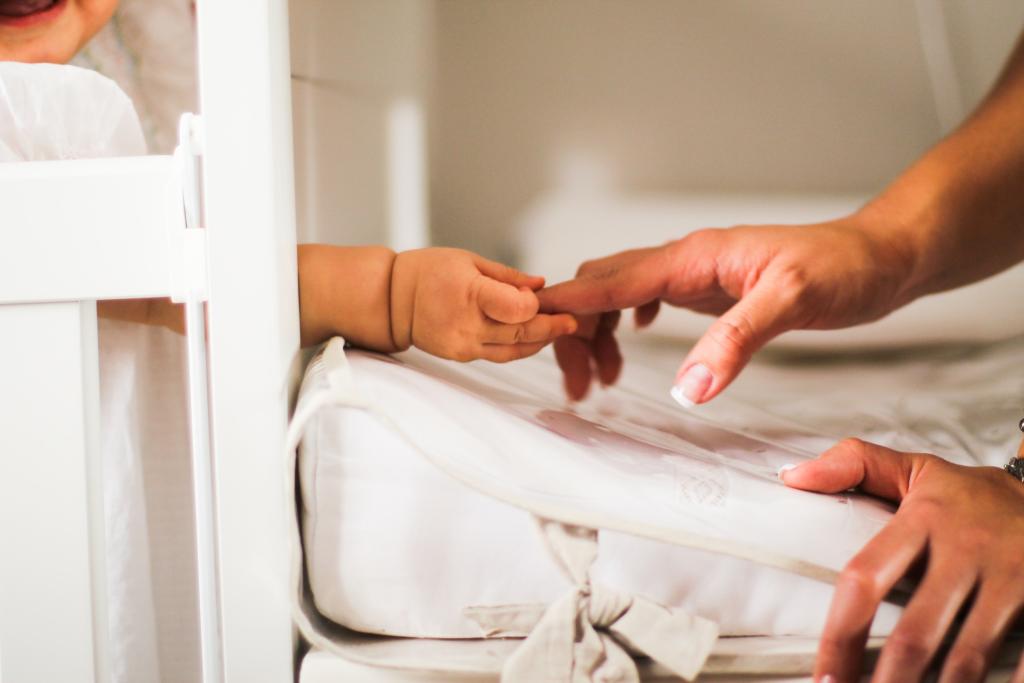
They call it the ‘baby blues’. The tears start flowing, feelings of anxiety rise up and then there’s the sudden mood swings – but don’t worry, it’s all completely normal!
Many women experience these feelings in the first few days after birth, and it’s no wonder with the surge of changing hormones and a new baby to look after 24/7.
It’s common for these ‘baby blues’ to last a few days, but when these feelings continue and get worse, you may be experiencing postnatal depression, also known as postpartum depression.
According to Beyond Blue one in six Australian women will experience postnatal depression.
How to recognise symptoms of postnatal depression
The journey from conception through to birth is not always easy. Even if you’ve had a ‘problem-free’ experience, your body has gone through a plethora of changes, physically and mentally.
After having a baby you are at an increased risk of mental health difficulties, spurred on by hormonal changes, ongoing fatigue and the huge life change a baby brings. While it’s normal to experience mood swings and stress after having a baby, postnatal depression can have a lasting effect on your relationship with your baby and your own mental health.
Symptoms of postnatal depression can include ongoing feelings of:
These are common symptoms, but remember, everyone’s experience is different and you may experience different feelings or emotions, at varying levels.

Where to seek help for postnatal depression
There are so many ways you can get help, you don’t have to go through this alone!
Things you can do if you think you are experiencing signs of postnatal depression:
At Grace we take a holistic approach to women’s care and want to see you live the best life possible. Our experienced psychologists specialise in caring for women post-birth and we will get through this together.
It’s so important to reach out for help and support if you feel that you’re experiencing signs of postnatal depression. There are also a variety of support groups available where you can get more information including PANDA, Gidget Foundation Australia and COPE.
If you’d like to speak to a Grace psychologist, just ‘ask for Grace’ next time you visit your GP and we’ll see you as soon as possible.

